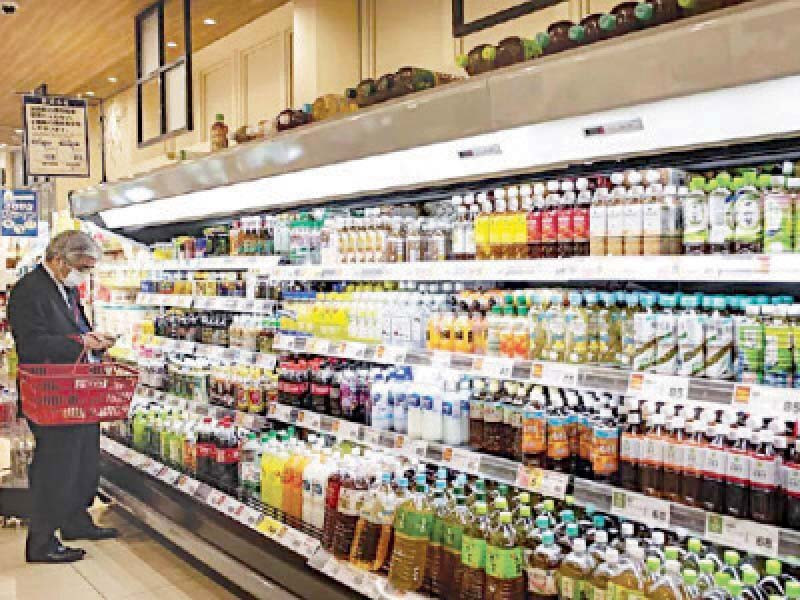
Courts have issued 900 stay orders against the imposition of penalties amounting to Rs250 billion by the regulators on different cartels that manipulated the market by increasing prices.
Referring to a recent meeting with the regulators, Prime Minister Imran Khan said in a cabinet meeting held on December 28, 2021 that there were 3,800 pending cases against the regulators.
Citing various types of inflation such as seasonal and imported, the prime minister fretted that price manipulation by the cartels was the most disturbing. Unfortunately, the regulators, which were supposed to protect the consumers against cartelisation, had been incapacitated by litigations.
He revealed that out of the 3,800 cases pending against the regulators in courts, 900 were stay orders against the levy of penalties to the tune of Rs250 billion.
During discussion, the need for building strategic reserves to ensure stability in prices of essential commodities was underscored.
Finance Minister Shaukat Tarin told the meeting that strategic reserves, wherever possible, were being kept for commodities like wheat, sugar, pulses, etc. “The possibility of palm oil storage will also be explored.”
Owing to the lack of cold storage facilities, the perishable goods could not be stocked in large quantities but addressing the limitation was part of the Prime Minister’s Agriculture Transformation Plan, the cabinet was told.
In response to the suggestion of storing petroleum products to insulate the domestic market from international price volatility, Energy Minister Hammad Azhar revealed that for the first time in the country’s history, oil marketing companies (OMCs) were meeting the obligation of maintaining 20-day strategic reserves.
However, since these reserves were revolving in nature, they were kept more for security reasons and did not help in regulating the prices.
Cabinet members underscored the need for having short, medium and long-term plans for the availability and affordability of utilities and necessary items such as gas, electricity, fertiliser, cement, etc.
Finance minister assured the meeting participants that future plans for 14 identified areas had been formulated in consultation with the academia and private sector.
Minister of industries and production spoke about the supply of urea in the country.
Dismissing the scarcity concerns, he told the meeting that sufficient stocks were available but due to a huge difference between domestic and international prices of urea, the hoarders and dealers were interfering in the market to maximise profit.
He pointed out that during the Rabi sowing season last year, approximately 3 million tons of urea was produced, whereas production in the current Rabi season would be around 3.3 million tons, an increase of 11% as compared to last year.
Furthermore, the federal government and provinces have established a monitoring mechanism, under which they were tracking the movement of urea.
Sharing the anecdotal evidence, the cabinet members highlighted that the situation on the ground was quite grim as farmers had to wait in long queues for getting two to three bags of urea.
The cabinet directed the ministers of industries and national food security to immediately hold a press conference to share the actual production figures and appeal to the farmers not to indulge in panic buying.
Interior Division secretary briefed the meeting on measures being taken to clamp down on the smuggling of urea. “A senior officer of the division has been deployed in Balochistan to monitor the situation along the Chaman border,” he revealed.
Published in The Express Tribune, January 12th, 2022.
Like Business on Facebook, follow @TribuneBiz on Twitter to stay informed and join in the conversation.





1725030039-0/Untitled-design-(2)1725030039-0-165x106.webp)



1732084432-0/Untitled-design-(63)1732084432-0-270x192.webp)








COMMENTS
Comments are moderated and generally will be posted if they are on-topic and not abusive.
For more information, please see our Comments FAQ